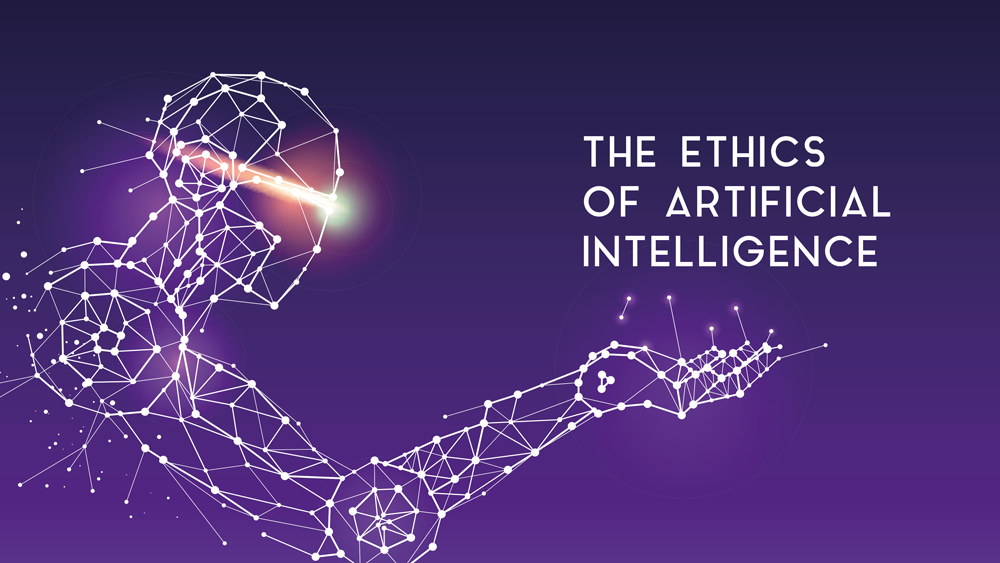By Khizar Ali
As artificial intelligence (AI) technology continues to advance, it is increasingly important to consider the ethical implications of this technology. In this blog post, we will explore why ethics in AI is necessary and how it can help ensure that AI is used for the benefit of humanity.
One of the main reasons why we need ethics in AI is that AI systems have the potential to make decisions and take actions that can significantly impact people’s lives. For example, AI-powered algorithms are often used to make decisions about things like creditworthiness, job hiring, and criminal sentencing. In such cases, it is important to ensure that these algorithms are fair and unbiased, so that they do not discriminate against certain groups of people.
Additionally, the use of AI can have broader societal implications. For instance, the increasing automation of jobs through the use of AI could lead to widespread unemployment, as machines replace human workers in a variety of industries. This could have significant economic and social impacts, such as increased inequality and social unrest. By considering the ethical implications of AI in the workplace, we can help ensure that this technology is used in a way that benefits society as a whole.
Another reason why ethics in AI is necessary is that AI systems have the potential to operate at a scale and speed that is far beyond the capabilities of humans. This means that AI systems can make decisions and take actions that may have unintended consequences, which could potentially have negative impacts on individuals, society, or the environment. By incorporating ethical principles into the design and operation of AI systems, we can help mitigate the risks associated with these unintended consequences.
Moreover, ethics in AI is important because it can help ensure that AI technology is used for the benefit of humanity. For example, AI can be used to solve complex problems in fields such as healthcare, transportation, and environmental protection. By considering the ethical implications of AI in these areas, we can help ensure that the technology is used in ways that align with our values and goals as a society.
Furthermore, ethics in AI can help promote transparency and accountability in the use of this technology. As AI systems become more complex and opaque, it can be difficult for people to understand how these systems make decisions and take actions. By incorporating ethical principles into the design and operation of AI systems, we can help ensure that these systems are transparent and accountable, so that people can have confidence in their decisions and actions.
In conclusion, ethics in AI is necessary because AI systems have the potential to impact people’s lives, operate at a scale and speed beyond human capabilities, and be used for the benefit of humanity. By incorporating ethical principles into the design and operation of AI systems, we can help ensure that this technology is used in a responsible and beneficial manner. This will require collaboration among researchers, policymakers, and other stakeholders to develop a framework for ethical AI that is grounded in principles of fairness, accountability, transparency, and the common good. With such a framework in place, we can help ensure that AI is used in ways that align with our values and goals as a society.
